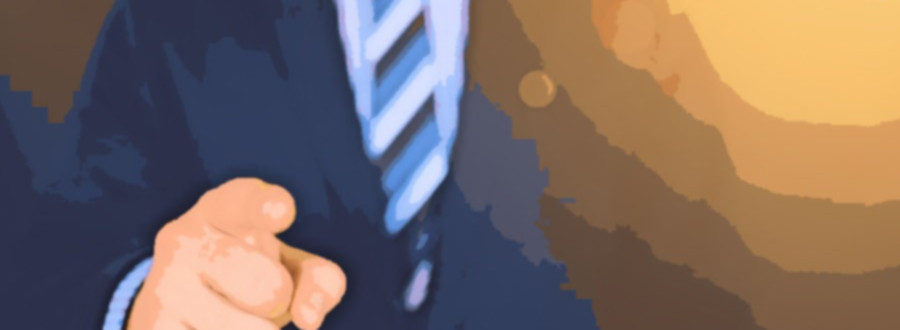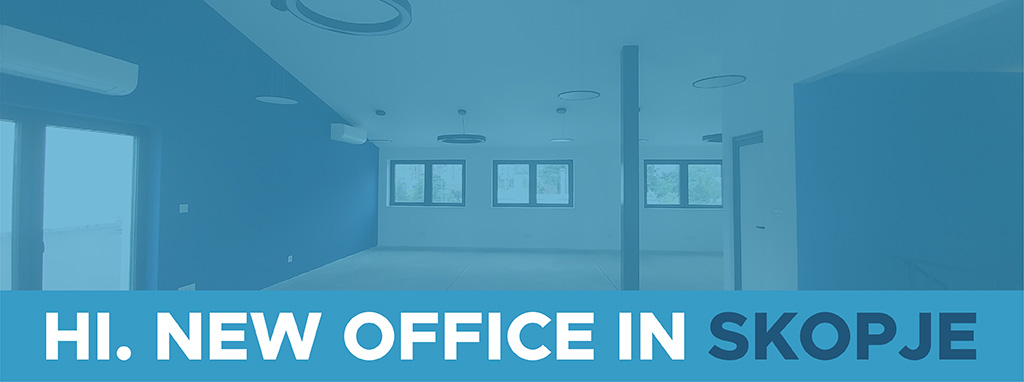Hey you! In the following article, I try to dare a hypothetical outlook on future constellations of people in the context of entrepreneurial and individual interests.
Currently, especially in the IT sector, the concept of agility and associated methods and artefacts should be widely known, recognized and used. But the question arises for me, after the “naturally even better” solution from the point of view of all participants. Because do we not strive for a world in which we should at least not carry any organizationally open questions with us? Obviously, I do it. In short, you could also speak of a supposed cost reduction and efficiency increase in the entrepreneurial sense. Stop, that was maybe too fast.🤔
Before we venture into the world of free pluralism, it is worth describing the title of the blog to better understand the approach of the coming end of the mentioned agility.

Evolution describes in a biological sense the phylogenetic evolution from lower to higher forms of the living. No matter what exactly the living thing means for us today. However, you can use this progressive development of certain contexts insofar as they represent the nature of our social behaviour or cooperation.
If we now move into the realm of the world of work, here too we can see an evolution in the interaction between the employee and the entrepreneur. Historically, and also in terms of civilization, one can point out the following timeline: of a hunter making his spear in the sense of the struggle for survival for himself and his clan and passing on this skill to the next generation (as a transfer of knowledge or covert order to continue this); about the very first entrepreneurial forms in an ambivalent employment relationship, to actual profit-making production and proven profit-seeking.

Taking into account the number of people and the needs such as food, some can detect a strong delineation of the opportune sides over time. Looking at our modern development, we came from a partly dictatorial working world to a moderately structured hierarchy, into a flimsy open working culture of cooperation. The move, from the largely totalitarian work systems to a self-determining working method, was logical and not surprisingly the first to be found in areas that were difficult to understand and predictable and still are.
The IT 🙄 and development departments were among the first to use well-known industrial artefacts like Kanban in their favour. Over the past few years, this has become a discipline of its own, which in turn has created a responsibility or even a hierarchy. Someone could say, considering the commonly used agile model that necessarily, with control and control mechanisms (Scrum Master, Plannings, Charts, etc.), the claim of self-determination was forced back into a corset.
Everything now has flown over, you can perhaps consider a “return” of things. Somehow, the conflict between the nature of life and the artificial world seems to lead back to the origin. But humanity has and will resist it again and again in this age of the earth.
I do not want to talk about facts, but at least in the area of IT, a closed transition to this form of “things” is almost inevitable. Similarly, there is almost a certain social compulsion to join this. This change can be seen simply in the number of companies that already use agile methods in subareas or their organization. And there are more and more.
But the question of whether it is the absolutely definitive way is only discussed obscure. To publicly confront oneself with a potentially critical attitude is now considered unfashionable and unattractive. It is now a domain of the younger culture to want to deliver themselves to a self-reflective surface. Sometimes one tries to get rid of the already mentioned corset again. Interdisciplinary is the keyword here. But is not that also an escape forward or even back to the past? There has always been a claim to position employees self-sufficiently in the right place in the company. Incidentally, here is a small digression to the “Peter Principle” quite amusing. But I want to concentrate more on the group dynamic aspect.

The dilemma.
As with any innovation, its manifestation and burgeoning acceptance, so to speak creates a generational conflict. If the current protagonists of this culture are, almost without exception, supporters and optimizers of this agile system, there will be a radical discourse for a new kind of corporate structure in the future as well. When? Soon! Relative to our desire to make our participation in the entrepreneurial activity completely uniform and decisive. Because that’s where single individuals try to take the majority to lived self-determination. Then at least e.g. almost every meeting would have a really measurable result. 🤭
Does that automatically include a forced change? I think you have to use the needs and their changing meaning for humans. After all, it was all about survival at first, but in the future, it’s all about not drowning in the mush of the growing mass of potential workers. Prince Lev Nikolayevich Myshkin could certainly be used as a paradigm for a playful and beneficial naivety and, so to speak, a relaxed attitude to life, but so much smart serenity is generally unlikely to be expected. And you and I are full of aspiring ambitions!

Accordingly, the need for a seamless lifestyle that unites both the private and the business. This now applies tangible and more manageable for us. In order to achieve this, thinking and acting must be equated strategically and tactically with an entrepreneur. The modulation of these two life parallels requires a revolutionary act. The employee of today already carries the seed in itself. Not only the claim to shape his working environment according to his needs becomes clearer, no, also the desire for the determinability of his own work, at every convenient time. Hierarchies of today will disappear (the so-called flat hierarchies seem to serve me rather as bread and circuses instrument).
The top and the bottom will remain at a logical level. It is about the personal benefit and the equal distribution of personal claim (profit) in its existing phase of life. Certainly, the fight of transition to such a new system will not be easy, because man is often
It will again lead to the formation of a new social order, which, however, does not, as it once did, take its impetus from individuals, but represents participation in a global cultural process. Of course, this is more than worrying, but you probably will not even notice, because you’ve always been involved in a change process: Evolution.
So far, all of it has been pretty daring theory and you can also give up irony or cynicism 🤫 here if you have a sense of humour. However, it would be totally overstated to see a reissue of a “labour power” or a dissolution of any democratic aspect. It will simply be the next evolutionary step. There are branches that will eventually cease to exist. But in

How could this be in the distant future?
Any demand-driven venture will be reduced to a few but stable organizations. There will only be more or fewer entrepreneurs. Ensuring production and service will be the driving force for all. Each participant joins according to his abilities but is paid in equal parts. There will be no more reward in its monetary form. The remuneration is rather the assurance and availability of other services. Here, not the weakest link determines the beat, as it is e.g. for some scrum teams today, but the sole urgency and benefit to the common good. It automatically uses the right and necessary resources. The self-determined freedom seems to be more than tempting, but now everyone can suffer an entrepreneurial defeat. The motives to succeed are a true basic need. No safety-net but many new opportunities and potentials to enrich his life through his contribution to the community.

In the end, I want to sprinkle a lot of positive energy over the whole thing.
After all, so-called agility has actually given us more courage and freedom in thinking. It is the key to opening the door that will lead us into a new era. The question of whether this article will now have a direct benefit, I would deny. It is also unlikely that a current entrepreneur will engage in radical new concepts in the short term. The dangers for the company and also the social responsibility are simply too big. Also, I can imagine a momentary separation of powers and equal distribution of the consideration, very difficult. Too many dependencies, even in a small artificial trial environment, determine our actions. 🙋♂️ But …
It is important for me to offer both the employee and the entrepreneur a world full of new perspectives and exciting opportunities. It may be that I have dealt with this topic too superficially, but I would be happy to receive more opinions and ideas from you. Only those who do not completely ignore the suggestive future will most likely remain successful. In this sense…
stay agile!




